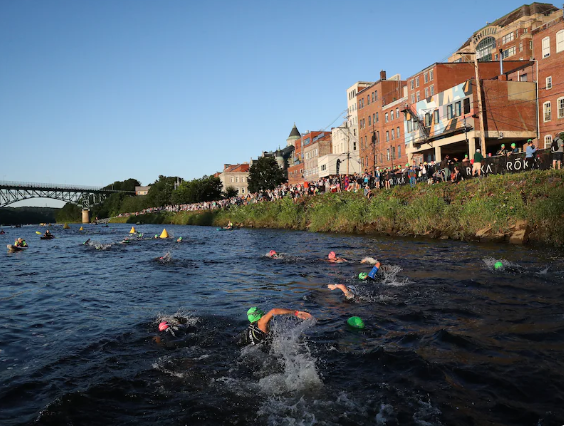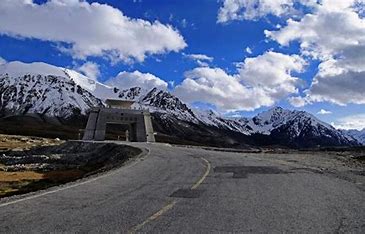
The pre-Olympics swimming test competition scheduled to take place in the iconic Seine River in Paris on Sunday has been abruptly canceled due to severe pollution concerns. The announcement came after analysis of the latest water samples by the international swimming federation. The decision has sparked concerns over the feasibility of conducting safe aquatic events in the lead-up to the highly anticipated Paris 2024 Olympics. Following a period of relentless heavy rainfall, the water quality in the Seine River has plunged below acceptable standards, raising significant health risks for participating swimmers. The World Aquatics organization, responsible for overseeing aquatic sports, expressed its apprehension, stating that the safety and well-being of athletes are their utmost priority. This setback has underscored the need for collaborative efforts between Paris 2024 officials and local authorities to establish robust contingency plans, ensuring the successful execution of aquatic events in the forthcoming Olympic Games. The challenging circumstances were further exacerbated by the inclement weather, which led to the overflow of sewers and subsequent pollution of the Seine River. This unfortunate development not only disappointed the athletes and spectators but also highlighted the imperative for comprehensive infrastructure enhancements to enhance water quality.
The federation expressed hope that upcoming infrastructure projects will significantly ameliorate the pollution issue, setting the stage for an improved aquatic environment leading up to the 2024 Olympic Games. Husain Al Musallam, the President of World Aquatics, conveyed his disappointment at the cancellation while emphasizing the organization’s dedication to prioritizing the health and safety of athletes. These recent events also tie into the ambitious vision set by Paris Mayor Anne Hidalgo, who envisions the revival of swimming in the Seine River. Hidalgo’s plan aims to reverse a ban imposed since 1923, allowing swimming to resume at three designated sites along the river from 2025 onward. Pollution concerns have historically plagued Olympic open water swimming events. A similar situation unfolded during the 2019 Tokyo Olympics test event, where swimmers protested against the subpar water quality in Tokyo Bay. The Rio Olympics in 2016 faced a parallel predicament, with the polluted waters of Guanabara Bay becoming a focal point of concern and media attention. Despite this setback, World Aquatics remains resolute in its commitment to delivering exceptional aquatic events for the global audience. As preparations continue for the Paris 2024 Olympics, stakeholders are called upon to collaborate earnestly in the pursuit of staging a successful and safe competition, one that showcases the resilience and dedication of the athletes while upholding the highest standards of health and environmental sustainability.














